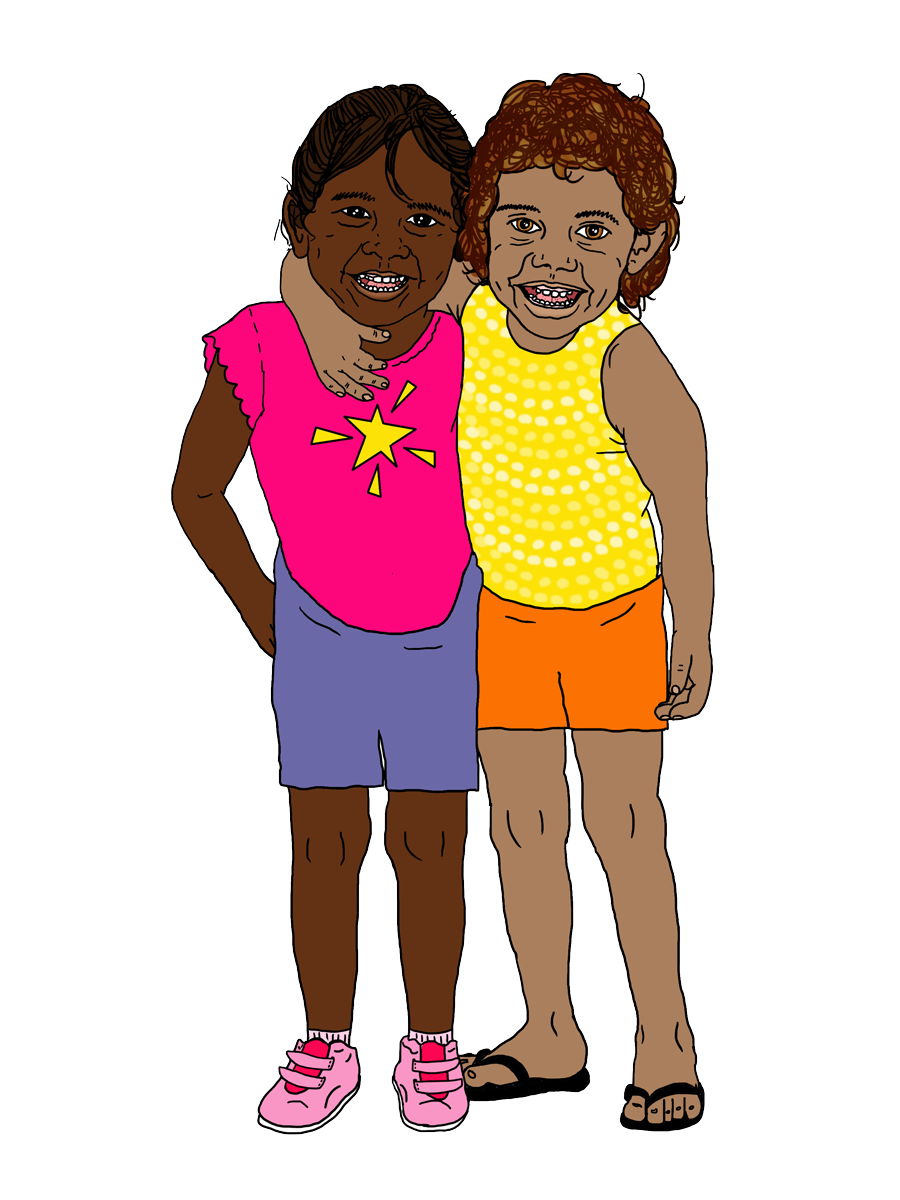
Developed by Dr Anita D’Aprano in collaboration with Aboriginal community partners, it is an evidence-based, strengths-based approach to developmental screening. The ASQ-TRAK tool enables earlier identification of developmental issues, which will facilitate access to early intervention programs and supports that will promote improved developmental outcomes.
The ASQ-TRAK engages caregivers in culturally safe developmental monitoring practices to support them to link in with services and programs that improve developmental outcomes and improve school readiness. It is now available for use in practice, and is used in education, health, and community service settings, with opportunities for staff from multiple sectors to participate in joint training to build stronger relationships and opportunities for collaboration.
The ASQ-Steps for Measuring Aboriginal Child Development (ASQ-STEPS) is the next tool being adapted. This is a culturally appropriate developmental outcome measure that will help generate knowledge to tell us what early childhood programs work for Australian Aboriginal and Torres Strait Islander children and therefore shape future interventions and programs we offer. The ASQ-STEPS is being designed and validated and is not currently available outside of the research project.
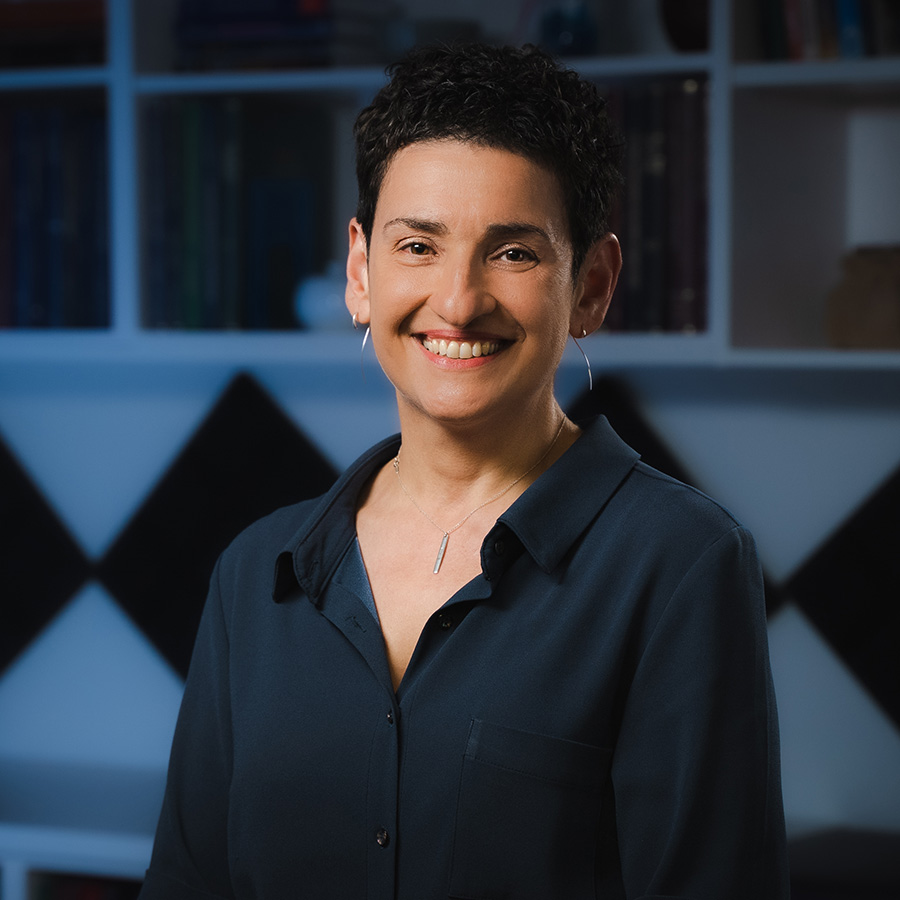
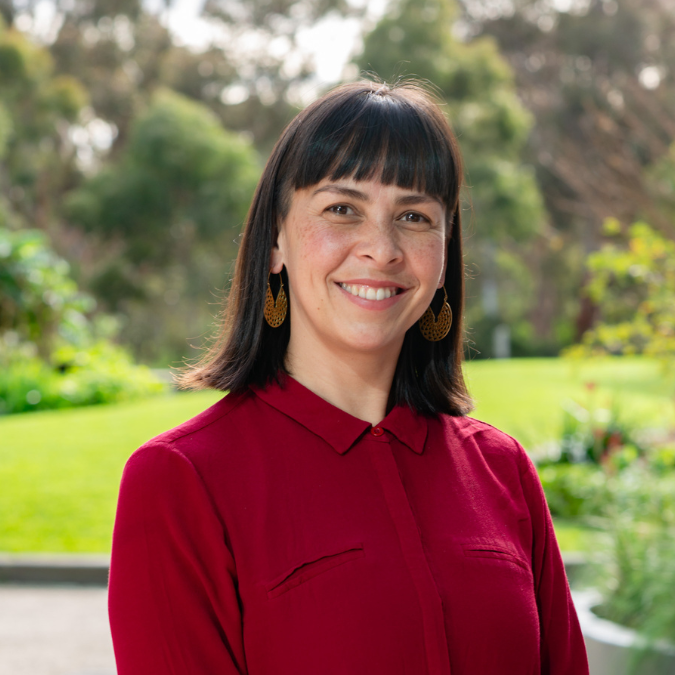
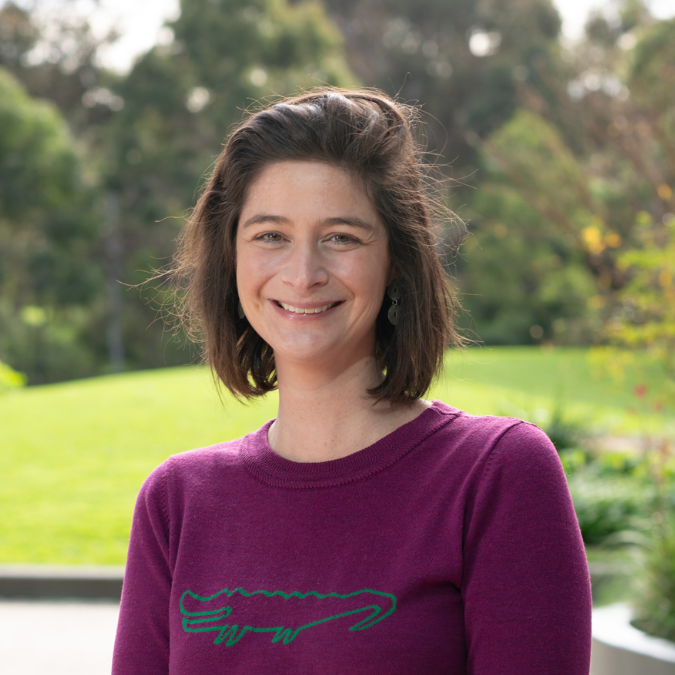
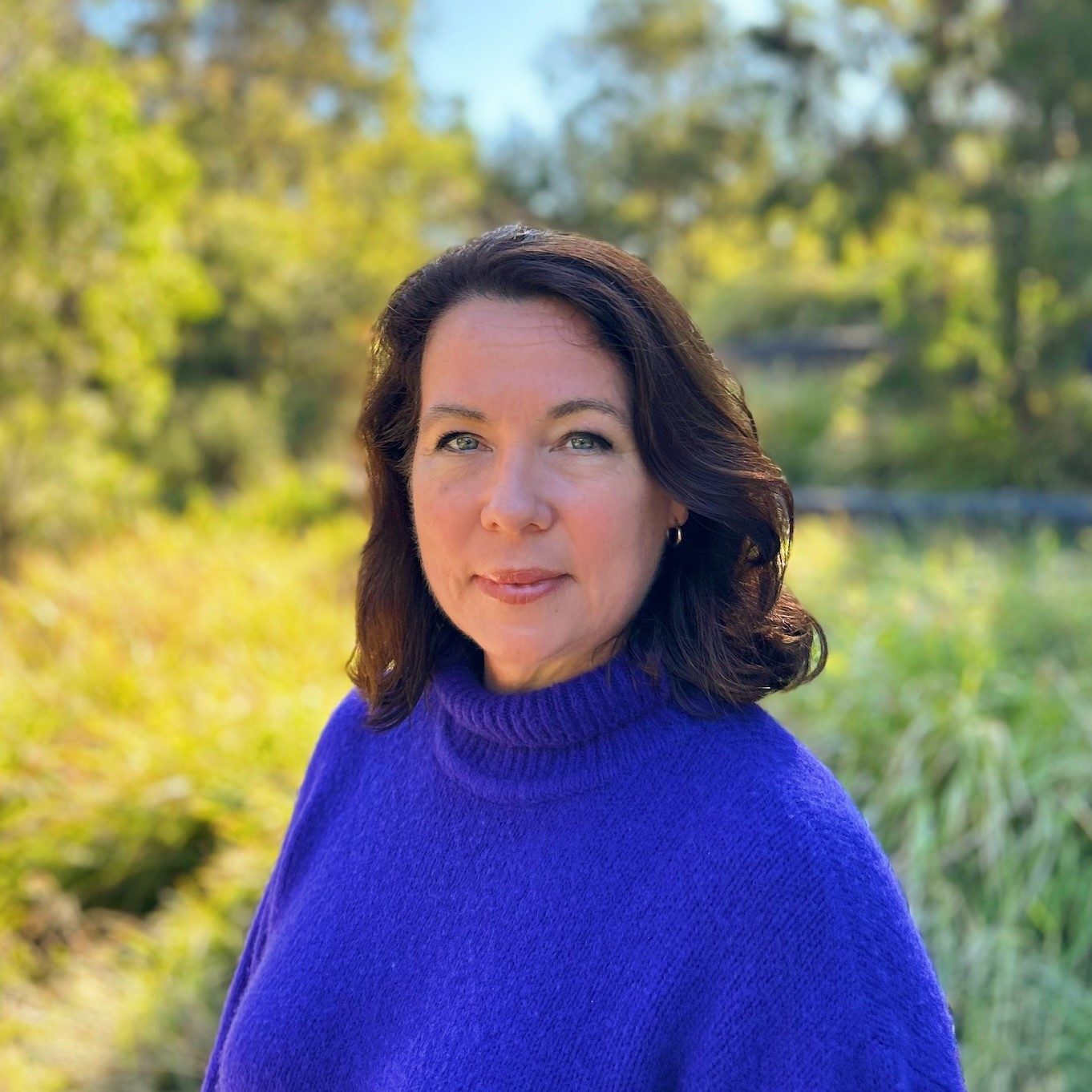



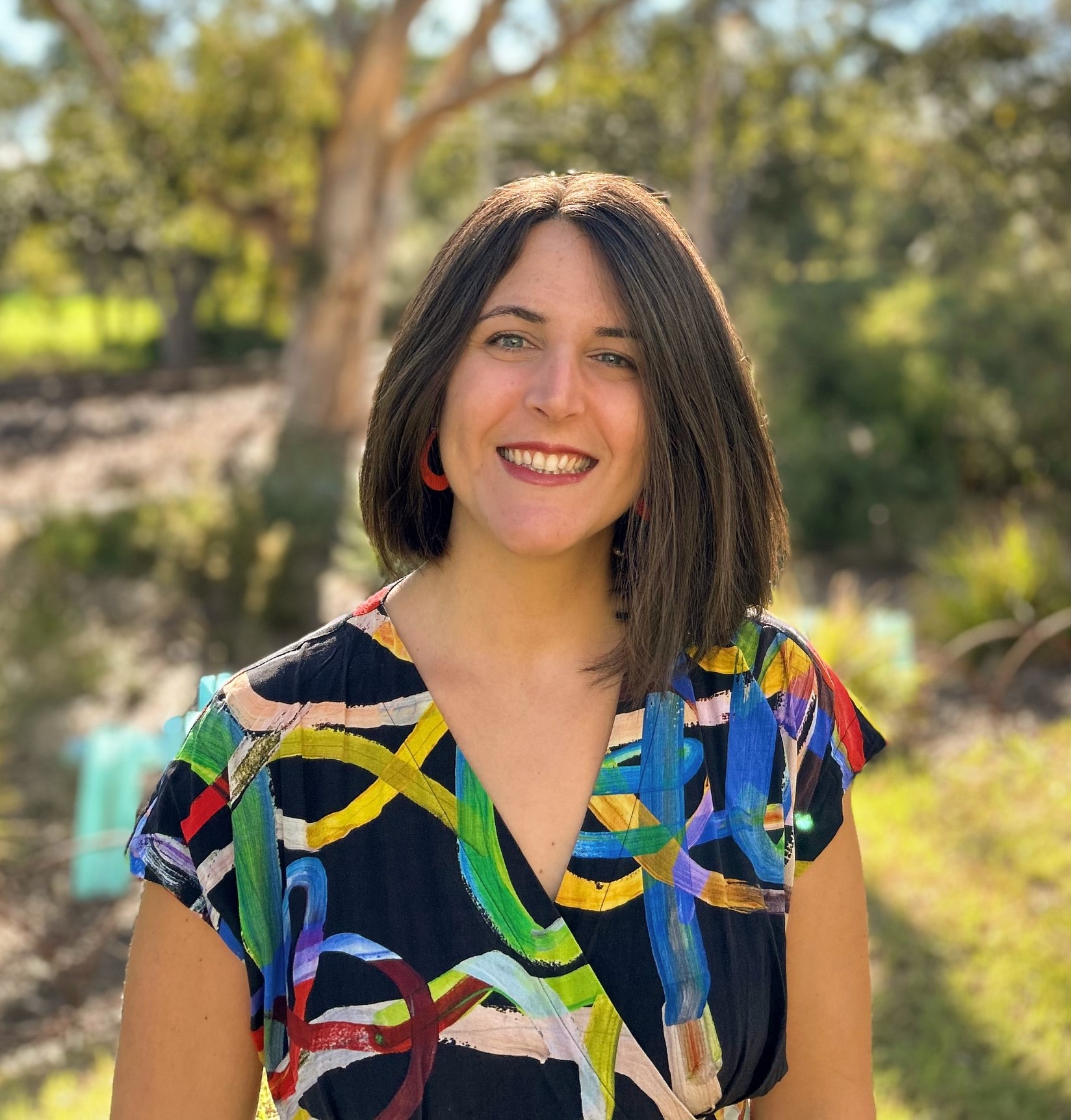
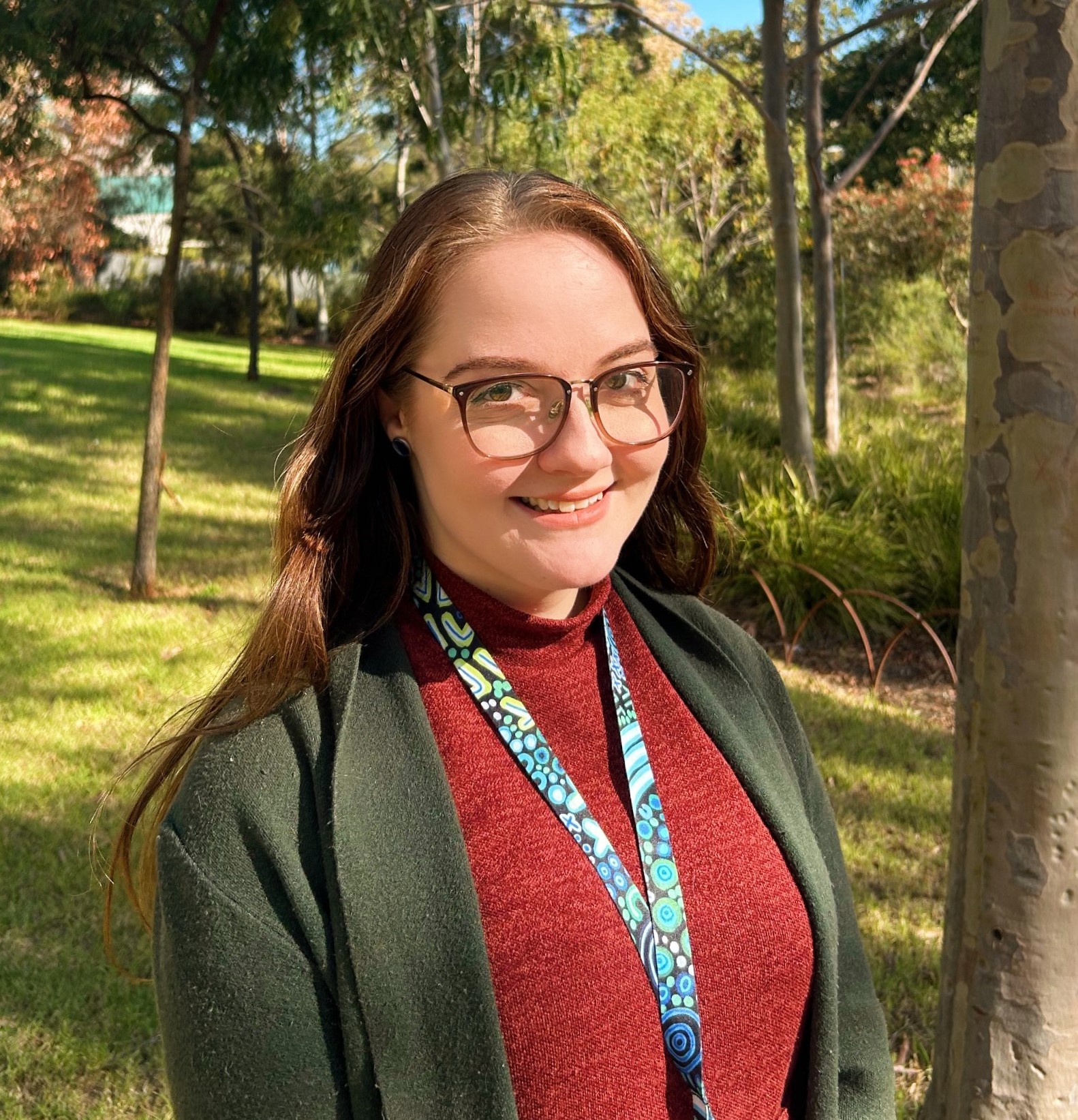

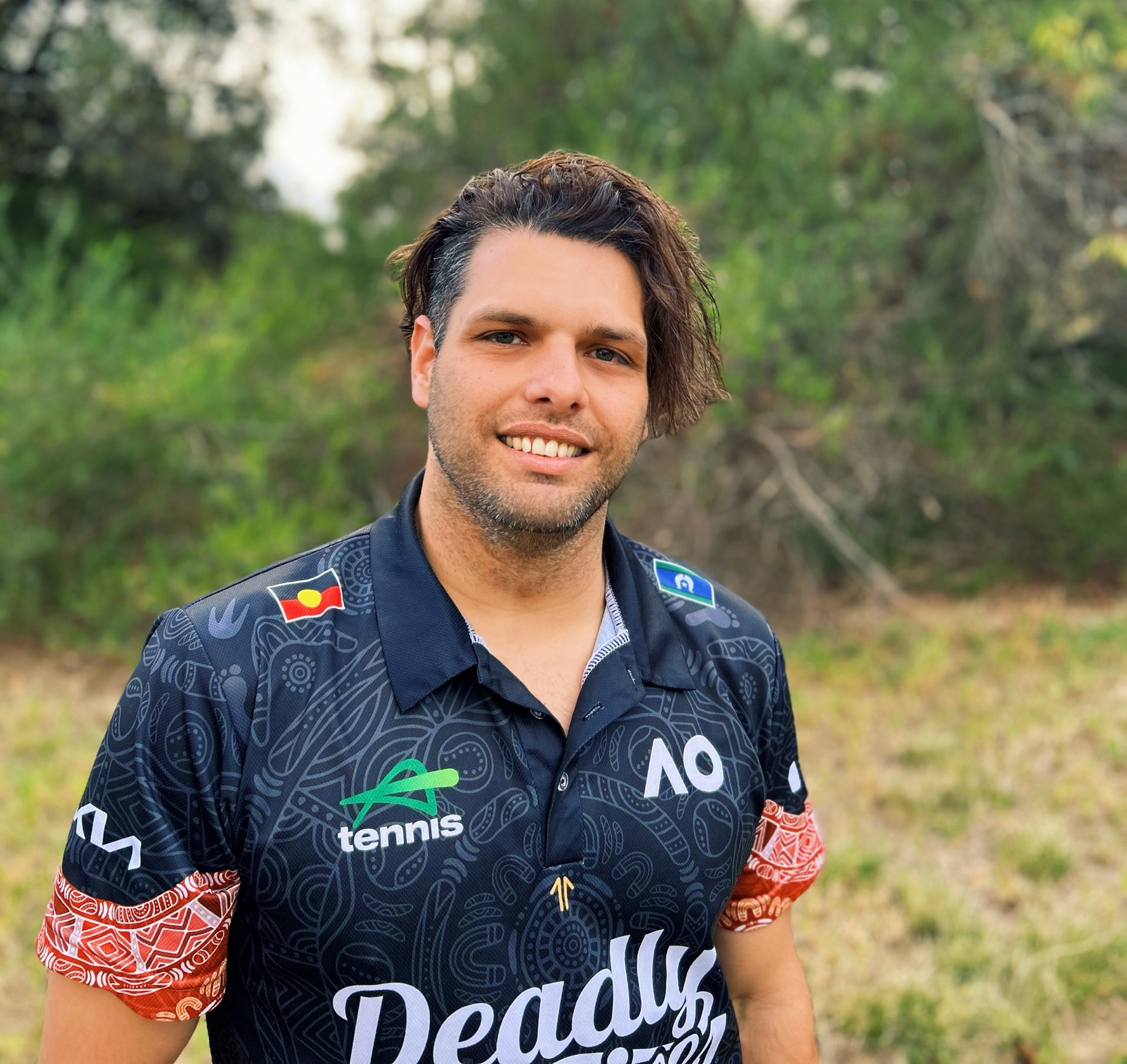

Dr Anita D’Aprano is a developmental paediatrician and Senior Research Fellow in Indigenous Child Health at the University of Melbourne.
She developed the ASQ-TRAK developmental screening tool – the first culturally appropriate tool for use with Australian Aboriginal children – following exploring developmental monitoring practices in Aboriginal populations.
Anita continues to lead Indigenous child health research, principally in the development of culturally appropriate and validated measures. She has particular interest in and commitment to engaging Aboriginal communities to maximise the benefit of research, so it makes a significant difference to the well-being of Aboriginal children and families.
Her current research program is focused on:
Learn more at Anita's Find an Expert profile.
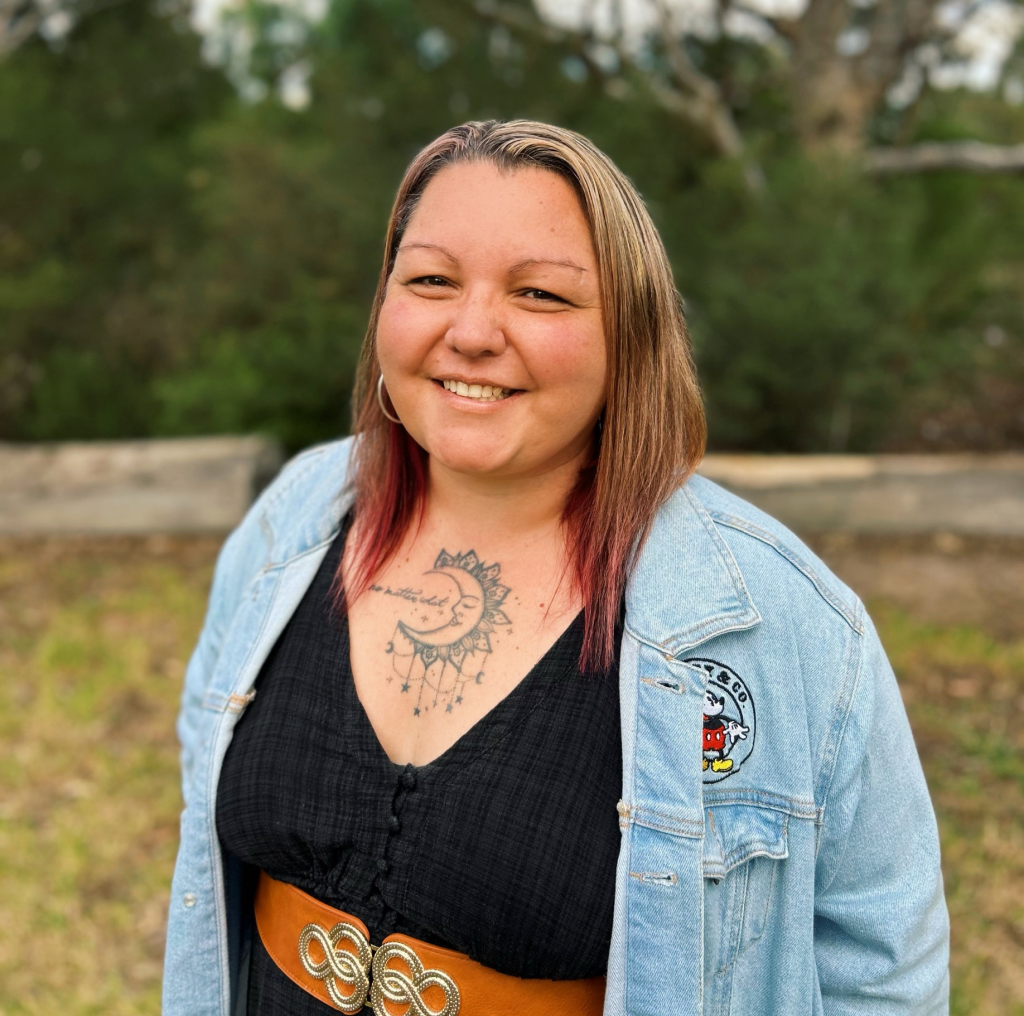
Laura Booker is a Lead Facilitator of the ASQ-TRAK Practitioner Training at STRONG kids, STRONG future and oversees and supports the delivery and quality of ASQ-TRAK practitioner training, supports national implementation efforts, and works closely with communities to ensure the screening tool is embedded in culturally responsive ways.
As Lead Facilitator, Laura oversees the delivery and quality of ASQ-TRAK practitioner training, supports national implementation efforts, and works closely with communities to ensure the screening tool is embedded in culturally responsive ways.
She is a proud Lunga Kija descendant from the Kimberley region on her mother’s side, mixed with European roots on her father’s side, Laura is the balance of a dance between two worlds. Spending over half her life as a dedicated mother, she was gifted with the critical role of teaching, learning from, and guiding her four incredible children whilst simultaneously healing deep and complex intergenerational family trauma. Laura has lived and worked in various rural, remote and urban areas including Childers (QLD), Alice Springs (NT) and the Gold Coast, strengthening her awareness and experience of the necessary skill to seek and understand context specific and locally based ideas and solutions.

Bio coming soon.
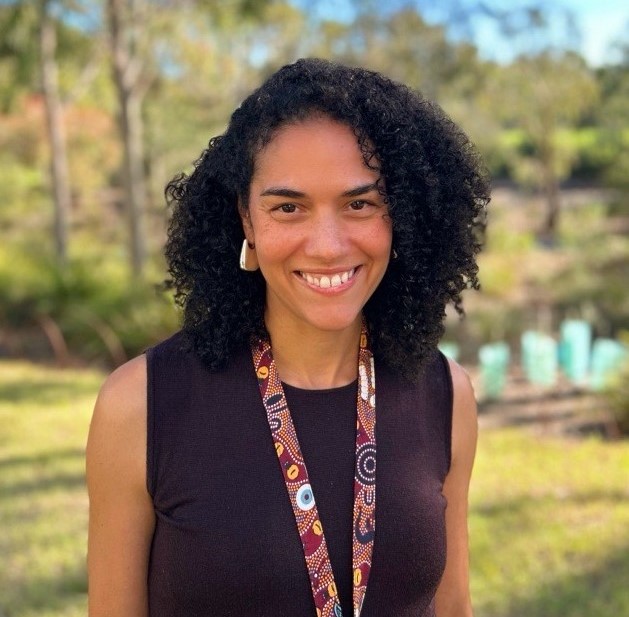
Susan Salmon is the ASQ-TRAK Project Officer at STRONG kids, STRONG future, where she coordinates and manages the operational processes that underpin the successful delivery of ASQ-TRAK Practitioner Training. With a strong background in financial reporting and office management, Susan ensures that internal systems are efficient, responsive, and aligned with the educational needs of ASQ-TRAK Practitioner trainees.
She holds a Master of Education in Developmental Psychology and Education from the University of Toronto and brings extensive experience in project administration and research within child-focused educational and health contexts. Her career reflects a consistent commitment to supporting communities and promoting practices that celebrate children and families, having previously worked with community centred organisational such as SNAICC and Triarch Educational Services.
Susan is deeply committed to promoting equitable, accessible, and culturally responsive care. She plays a vital role in the national rollout of ASQ-TRAK Practitioner Training, ensuring its implementation is both effective and culturally safe.


Brett Beckhurst is a proud Yorta Yorta man whose work is grounded in cultural strength, community connection, and a deep commitment to creating a better future for Aboriginal and Torres Strait Islander peoples. As the Aboriginal Communications and Engagement Officer with the STRONG kids, STRONG future team in the Department of Paediatrics at the University of Melbourne, Brett plays a vital role in walking alongside community stakeholders and families to foster culturally safe relationships and empowering the use of resources that support the developmental journey of young Aboriginal and Torres Strait Islander children.
Guided by the wisdom of his ancestors and the strength of his identity, Brett champions the voices of his people in spaces where they’ve long been excluded. He is deeply invested in mentoring the next generation of Aboriginal leaders—lifting them up, making space, and ensuring that cultural knowledge and community priorities remain at the heart of decision-making in health, education, and beyond.

Helen Hall serves as the ASQ-TRAK Training Coordinator and Lead Facilitator at STRONG Kids, STRONG Future. In this role, she oversees the implementation, coordination, and delivery of ASQ-TRAK Practitioner Training, ensuring that all training is conducted to the highest standard and preserves fidelity. She works closely with community stakeholders and fellow facilitators to maintain a culturally safe and responsive training environment.
Helen brings over 20 years of experience in early childhood health, having worked as a paediatric physiotherapist across clinical and community settings. Her professional background includes a leadership role at the Brotherhood of St Laurence, where she guided the Practice Development Team in supporting NDIS program staff to deliver evidence-based early childhood services.
Helen also has extensive experience working alongside First Nations communities, particularly through her work with the Northern Territory Department of Health in Alice Springs. There, she played a key role in implementing culturally safe early childhood health strategies across diverse settings, including homes, schools, and childcare centres—especially for children with developmental delays or disabilities.
Known for her collaborative and consultative approach, Helen is deeply committed to advancing equitable, culturally responsive care for children and families and the diverse workforce that ensures their care by progressing the national implementation of the ASQ-TRAK Practitioner Training and associated resources.
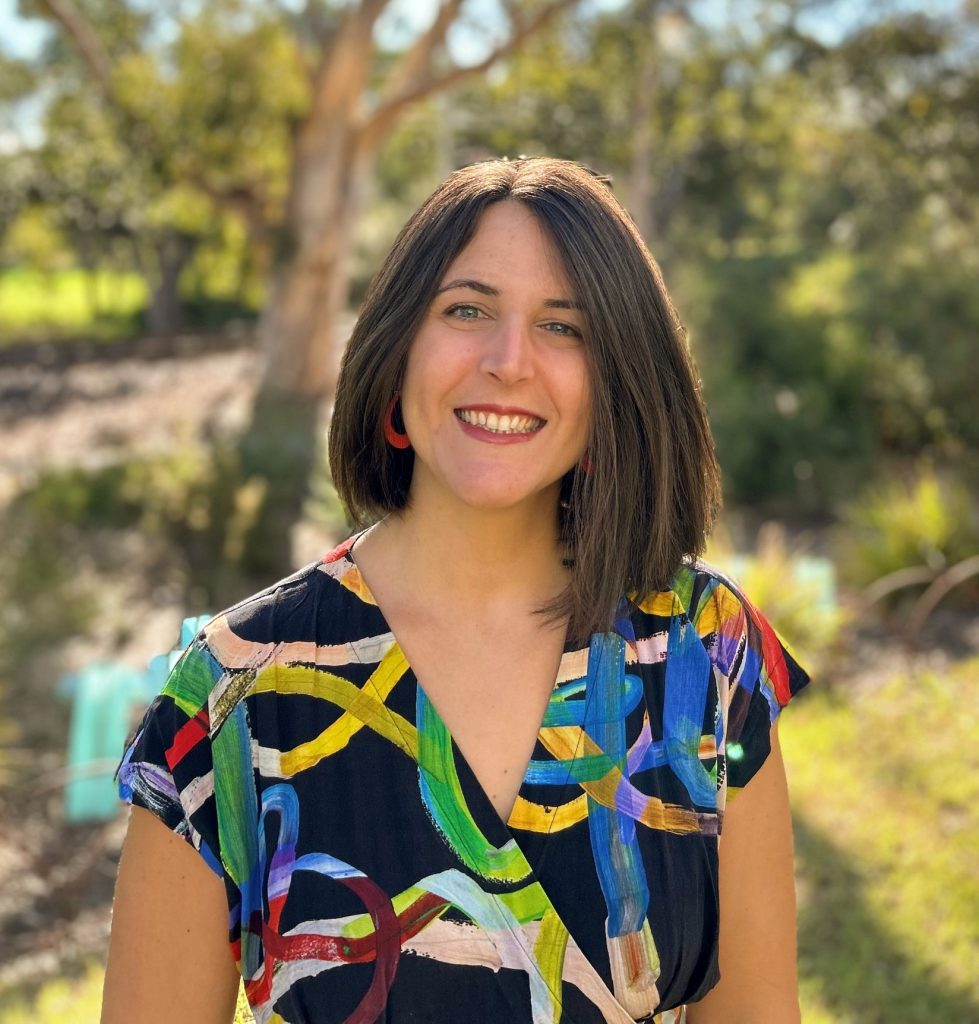
Dr Francesca Lami is a Research Fellow on the ASQ-STEPS Validation Study, bringing extensive clinical research experience in child psychology to the team. She holds a Master’s degree in Clinical Psychology from the University of Pisa, Italy, and a PhD from the University of Melbourne, where her research focused on the impacts of autism spectrum disorder and social functioning in children with neurofibromatosis.
Francesca has contributed to and led research initiatives at the Murdoch Children’s Research Institute and the University of Melbourne’s Department of Paediatrics, across the Healthy Trajectories Hub and now at the STRONG kids, STRONG future Team as a Senior Research Fellow. Her work is grounded in a commitment to improving health and developmental outcomes for children.
Driven by a passion for co-designed, interdisciplinary, and translational research, Francesca is dedicated to advancing studies that inform clinical practice and policy. She seeks to bridge clinical insight with robust research to support better outcomes for children and their families.

Eliza Cammarano is a Research Assistant on the ASQ-STEPS Validation Study, bringing a professional background in occupational therapy and a strong commitment to child development. Her experience includes contributing to research projects focused on the healthcare needs of individuals with developmental disabilities, with particular emphasis on improving outcomes for children. Eliza has worked in school-based environments, where she supported children to reach their full potential through inclusive and tailored approaches. She is deeply committed to ensuring that all children have the opportunity to thrive, regardless of background. Eliza is especially passionate about advancing the rights and wellbeing of Aboriginal and Torres Strait Islander children and families.
Through her work progressing the successful ASQ-STEPS Validation Study, she strongly advocates for equitable access to health and developmental resources and recognises the importance of culturally responsive tools in achieving these goals. Ultimately, Eliza aims to contribute to more inclusive research practices and promote developmental equity across diverse communities in Australia.

Isabel Brookes is the Project Coordinator for the ASQ-STEPS research program. She has worked in research and professional roles on projects in Aboriginal and Torres Strait Islander contexts since 2014, and has been working with communities on the ASQ-STEPS research program since 2018.
Before working with the STRONG kids, STRONG future team, Isabel's work was centred on the implementation of evidence-based approaches in early learning settings; building the professional capacity of early childhood practitioners working with Aboriginal and Torres Strait Islander children; and engaging families in early learning and development.
Isabel believes that the effective integration of health and education in early childhood environments is essential to achieving learning and development equity between Aboriginal and Torres Strait Islander children and non-Indigenous children; and that to achieve this authentic and respectful partnerships must be established and maintained with families, organisations and communities.

Eleanor Jackson is the Program Manager for STRONG kids, STRONG future and supports the team in their research and development of appropriate developmental measurement tools for Aboriginal and Torres Strait Islander children. She has over 20 years strategic leadership and program management experience with community projects related to gender, sexual and reproductive health; maternal and child health; gender-based violence; and evidence-based practice, both in Australia and overseas.
Prior to joining STRONG kids, STRONG future, Eleanor developed a strong interest in achieving Aboriginal and Torres Strait Islander health equity as Program Manager for the Australian Nurse-Family Partnership Program Support Service, which supports a nurse-led home visiting program for women pregnant with an Aboriginal and/or Torres Strait Islander child from early pregnancy into the baby’s infancy and childhood. Subsequently, Eleanor led the Oxfam-Monash Partnership, a decade-long collaboration bringing together one of the world’s top NGOs with leading researchers to advance evidence-based practice in international development in the focus areas of climate change, migration, gender equality and accountability.
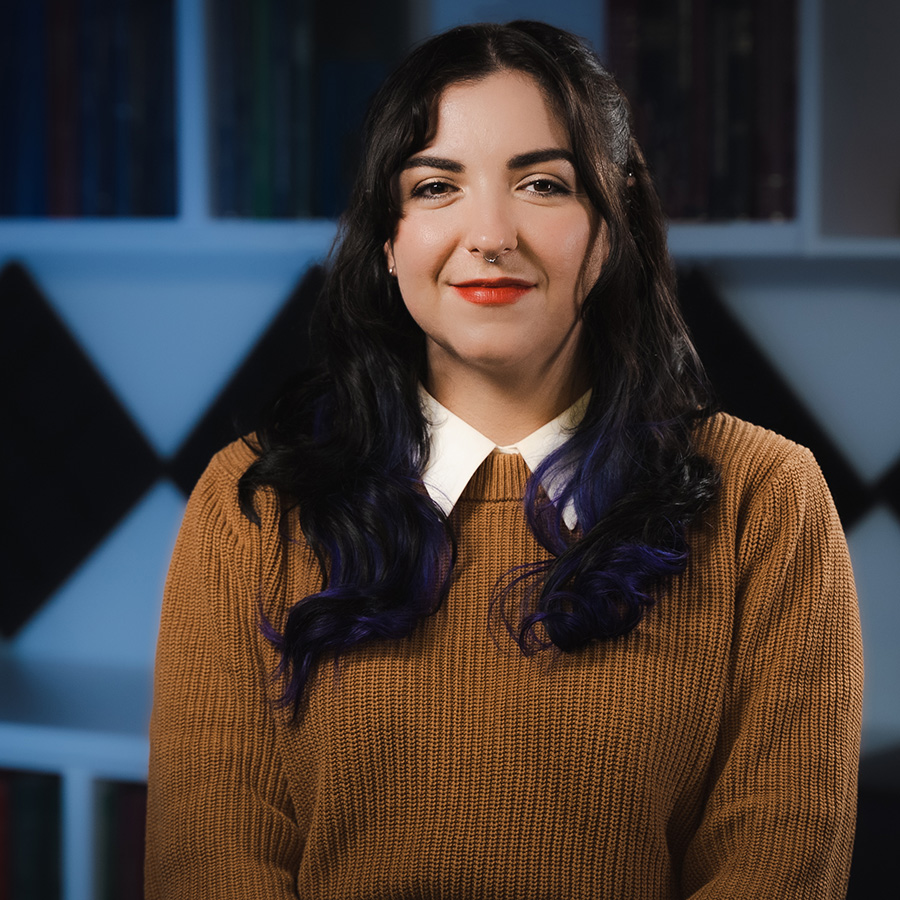
Info here
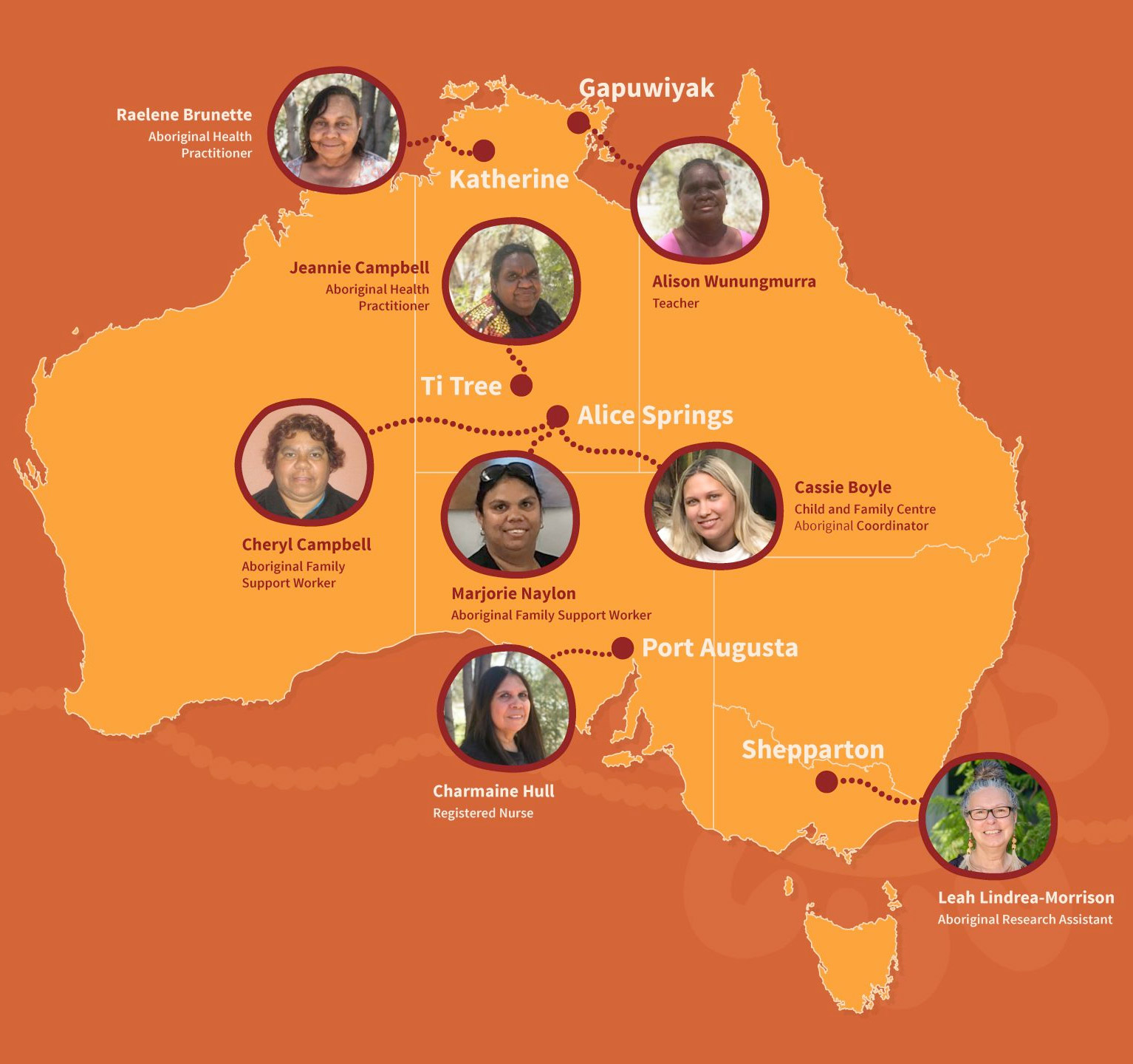


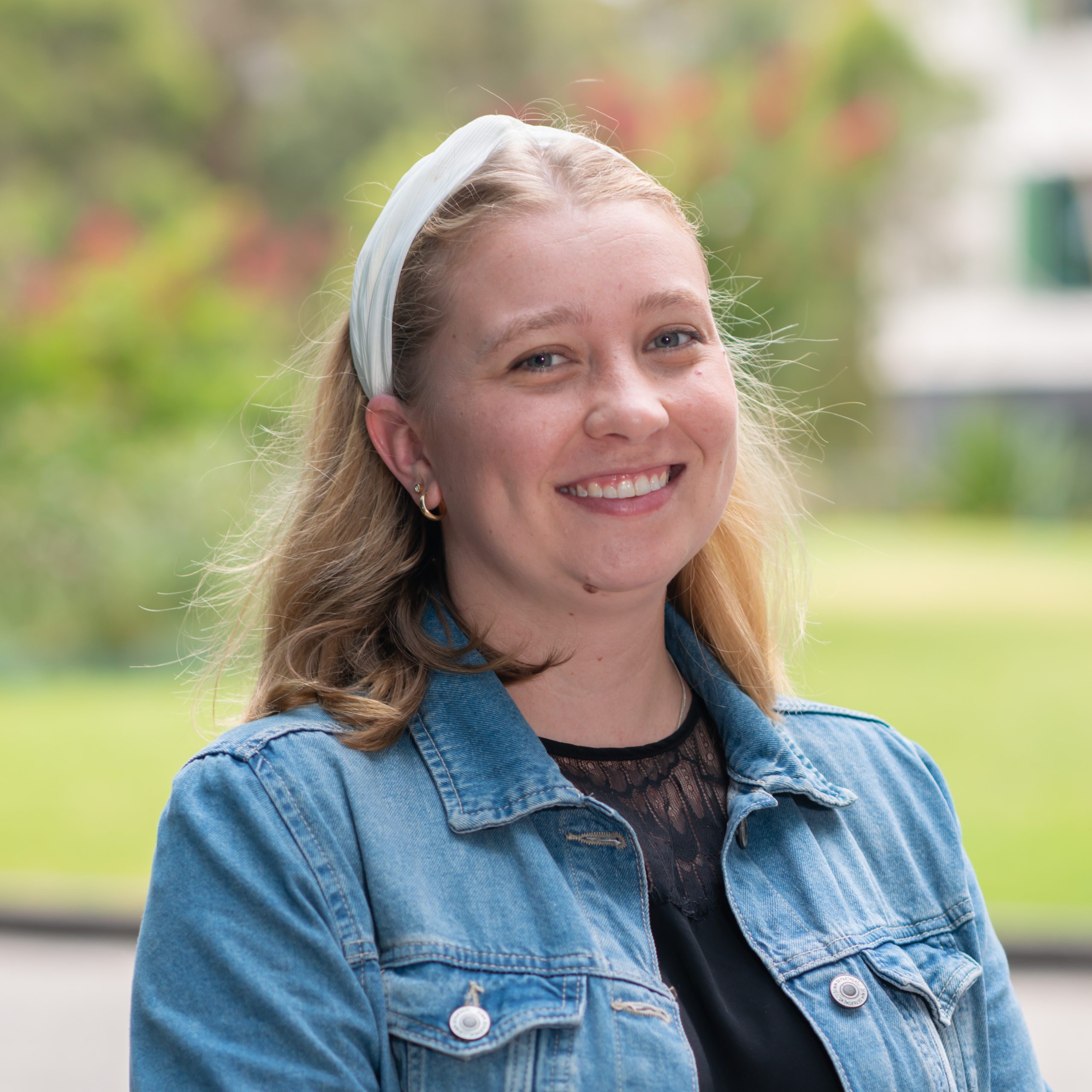

Dr Anita D’Aprano is a developmental paediatrician and Senior Research Fellow in Indigenous Child Health at the University of Melbourne.
She developed the ASQ-TRAK developmental screening tool – the first culturally appropriate tool for use with Australian Aboriginal children – following exploring developmental monitoring practices in Aboriginal populations.
Anita continues to lead Indigenous child health research, principally in the development of culturally appropriate and validated measures. She has particular interest in and commitment to engaging Aboriginal communities to maximise the benefit of research, so it makes a significant difference to the well-being of Aboriginal children and families.
Her current research program is focused on:
Learn more at Anita's Find an Expert profile.

Dr Anita D’Aprano is a developmental paediatrician and Senior Research Fellow in Indigenous Child Health at the University of Melbourne.
She developed the ASQ-TRAK developmental screening tool – the first culturally appropriate tool for use with Australian Aboriginal children – following exploring developmental monitoring practices in Aboriginal populations.
Anita continues to lead Indigenous child health research, principally in the development of culturally appropriate and validated measures. She has particular interest in and commitment to engaging Aboriginal communities to maximise the benefit of research, so it makes a significant difference to the well-being of Aboriginal children and families.
Her current research program is focused on:
Learn more at Anita's Find an Expert profile.

Dr Anita D’Aprano is a developmental paediatrician and Senior Research Fellow in Indigenous Child Health at the University of Melbourne.
She developed the ASQ-TRAK developmental screening tool – the first culturally appropriate tool for use with Australian Aboriginal children – following exploring developmental monitoring practices in Aboriginal populations.
Anita continues to lead Indigenous child health research, principally in the development of culturally appropriate and validated measures. She has particular interest in and commitment to engaging Aboriginal communities to maximise the benefit of research, so it makes a significant difference to the well-being of Aboriginal children and families.
Her current research program is focused on:
Learn more at Anita's Find an Expert profile.
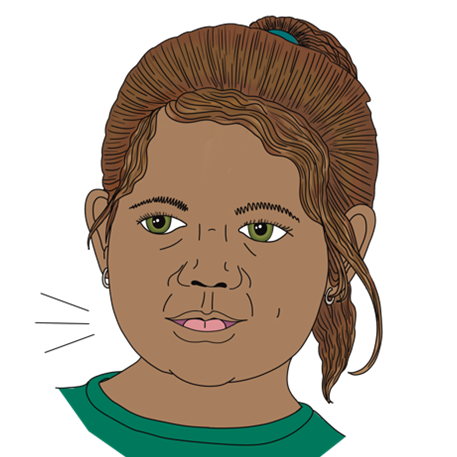
How working with community stakeholders helped Anita D'Aprano create the ASQ-TRAK developmental screening tool – the first culturally appropriate tool for use with Australian Aboriginal children.
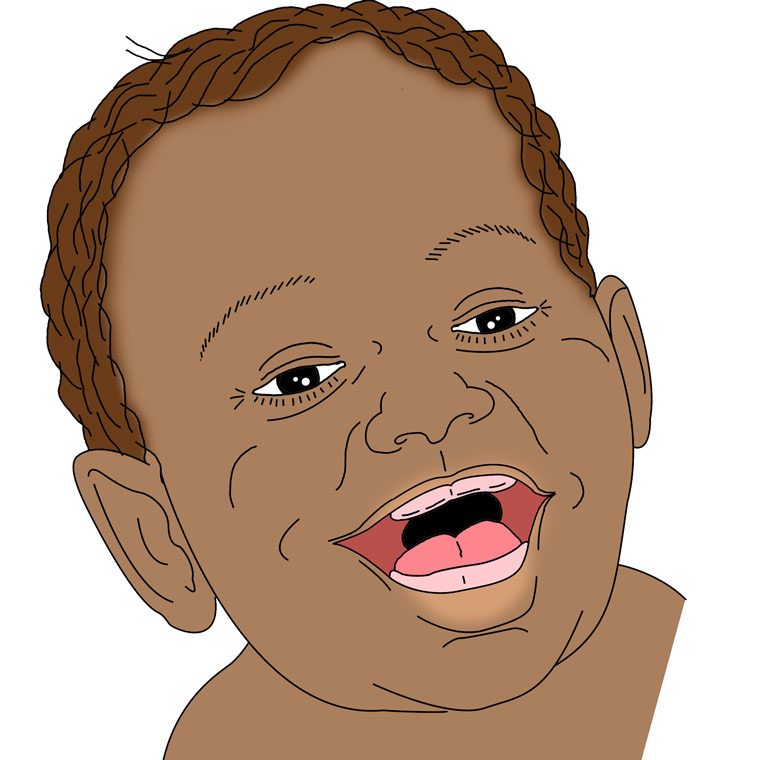
What is ASQ-TRAK? Why do we need an adapted tool? How is ASQ-TRAK different to the ASQ®-3?
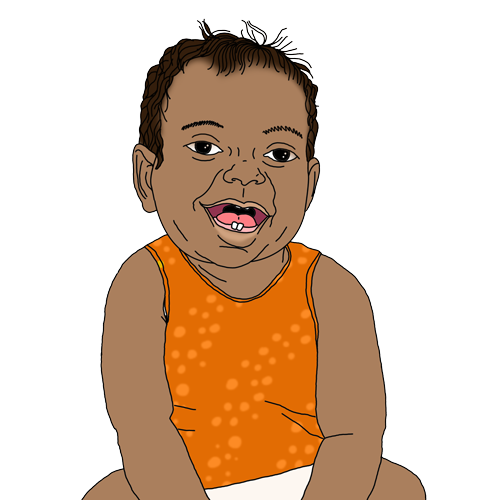
Enhancing culturally appropriate developmental services for Aboriginal and Torres Strait Islander children - ASQ-TRAK developmental screening tool.
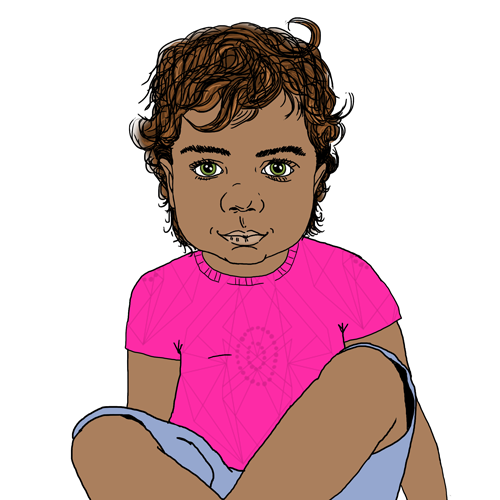
When she discovered there was no culturally appropriate tool to measure Aboriginal and Torres Strait Islander infant development, Dr Anita D’Aprano and her collaborators developed one.
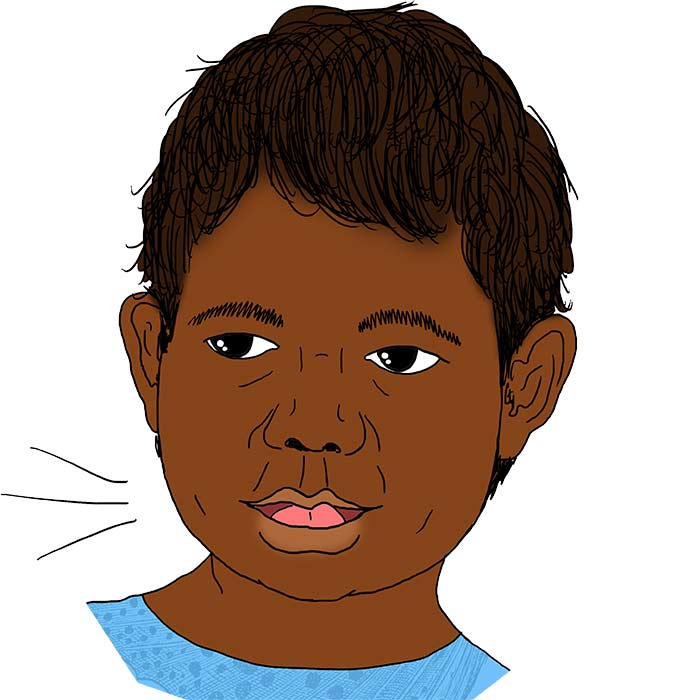
What does early intervention really mean, what is best practice in different population groups and how is this changing under the NDIS?
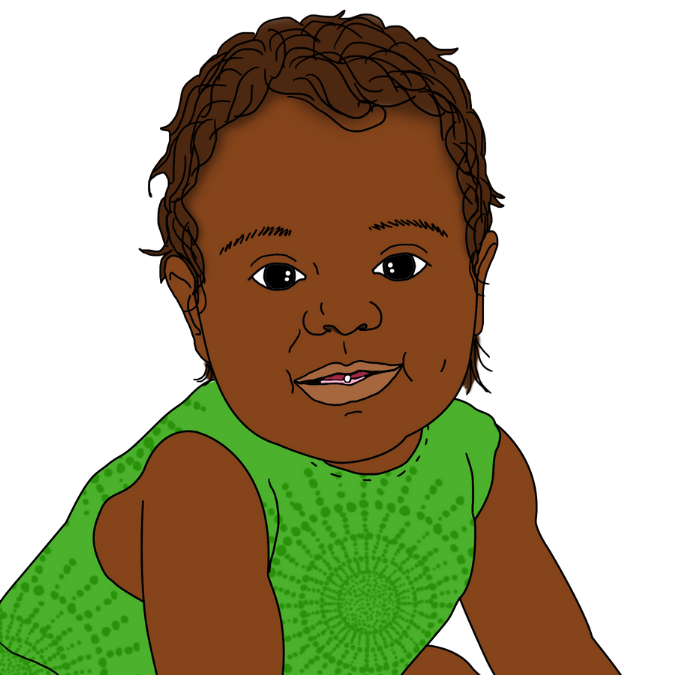
Anita D'Aprano on why community engagement matters.
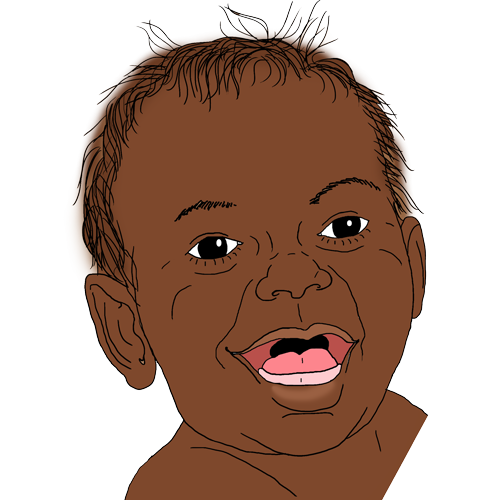
Identifying developmental difficulties in young children from remote Aboriginal communities early boosts their chances of success later in life, and a new tool is helping.